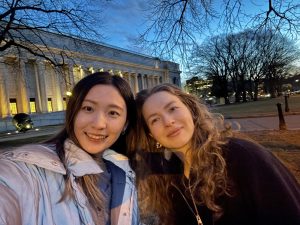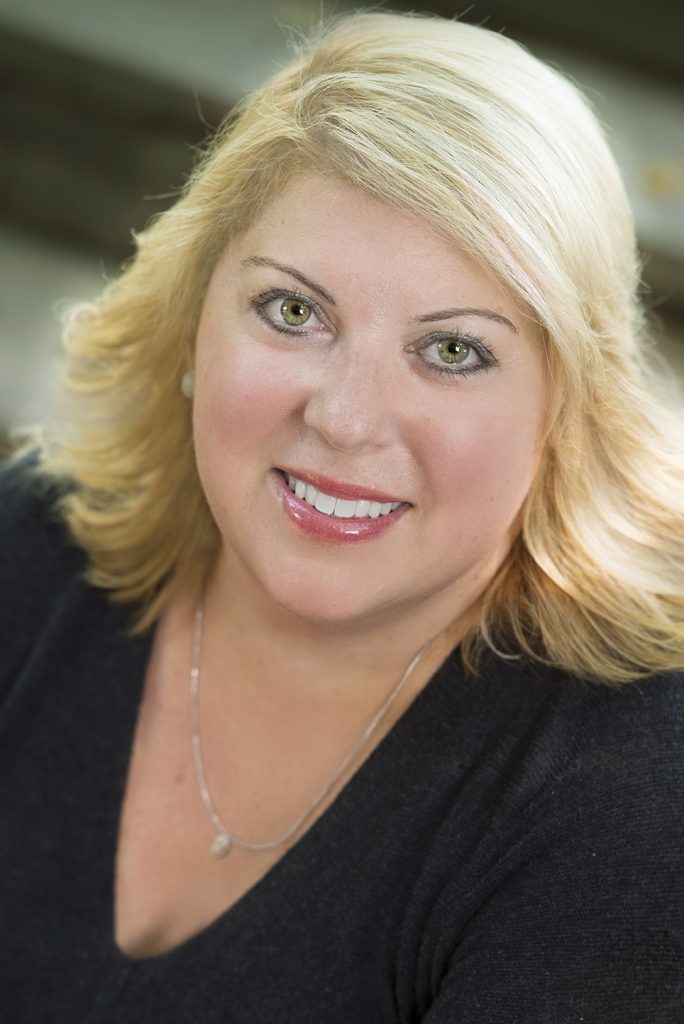
 Millions of Americans take generic medications to treat everything from headaches to cancer, placing their faith in the manufacturers that produce the drugs and the U.S. agency responsible for overseeing the sprawling industry.
Millions of Americans take generic medications to treat everything from headaches to cancer, placing their faith in the manufacturers that produce the drugs and the U.S. agency responsible for overseeing the sprawling industry.
But some drugs have been found to be ineffective, or potentially unsafe, prompting a growing number of doctors and patients to call for changes in the way the United States regulates drug companies. Ninety percent of prescriptions filled in America are for generic drugs, and many of those medications come from overseas factories.
For decades, inspectors with the Food and Drug Administration have reported serious lapses in the way some drugs are manufactured, including those that have been linked to cancer.
Over the course of six months, our 2025 class at the Medill Investigative Lab traveled across the country — to southern California to Boston to Detroit — listening as people shared their experiences with us. We heard from widowers, grandparents and doctors, who recounted how certain generic drugs appeared to cause serious reactions.
In collaboration with ProPublica, and building on the work of the 2024 MIL class, we also interviewed former FDA inspectors and drug safety activists, studied U.S. and international safety standards and reviewed hundreds of pages of legal documents, helping to uncover troubling patterns in a secretive industry and at the FDA.
In a time when journalism faces growing challenges, we believe this work matters more than ever. Investigative reporting holds power to account, exposes wrongdoing and can shift public policy. We hope this reporting brings greater transparency to an issue that impacts us all.
—Gabby Shell
MIL Class of 2025

Debbie Cenziper is an associate professor and the director of investigative reporting at Medill. She also oversees the Medill Investigative Lab. Besides teaching, Cenziper is a Pulitzer Prize-winning investigative reporter and nonfiction author who writes for The Washington Post. She spent three years at The George Washington University before joining the faculty of Medill.
Over the years, Cenziper’s investigative stories have exposed wrongdoing, prompted Congressional hearings and led to changes in federal and local laws. In her classes at Medill, Cenziper and her students focus on social justice investigative reporting.
Cenziper has won dozens of awards in American print journalism, including the Robert F. Kennedy Award for reporting about human rights and the Goldsmith Prize for Investigative Reporting from Harvard University. She received the Pulitzer Prize in 2007 at The Miami Herald for a series of stories about corrupt affordable housing developers who were stealing from the poor. A year before that, she was a Pulitzer Prize finalist for stories about dangerous breakdowns in the nation’s hurricane-tracking system.
Cenziper is a frequent speaker at universities, writing conferences and book events. Her first book, “Love Wins: The Lovers and Lawyers Who Fought the Landmark Case for Marriage Equality,” (William Morrow, 2016) was named one of the most notable books of the year by The Washington Post. Her second book, “Citizen 865: The Hunt for Hitler’s Hidden Soldiers in America,” was released by Hachette Books in November 2019.
Cenziper is based on Medill’s Washington, D.C. campus, working with undergraduate and graduate students on investigative stories.